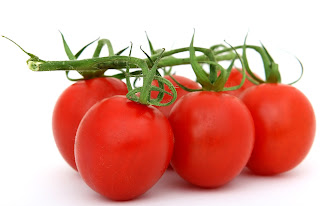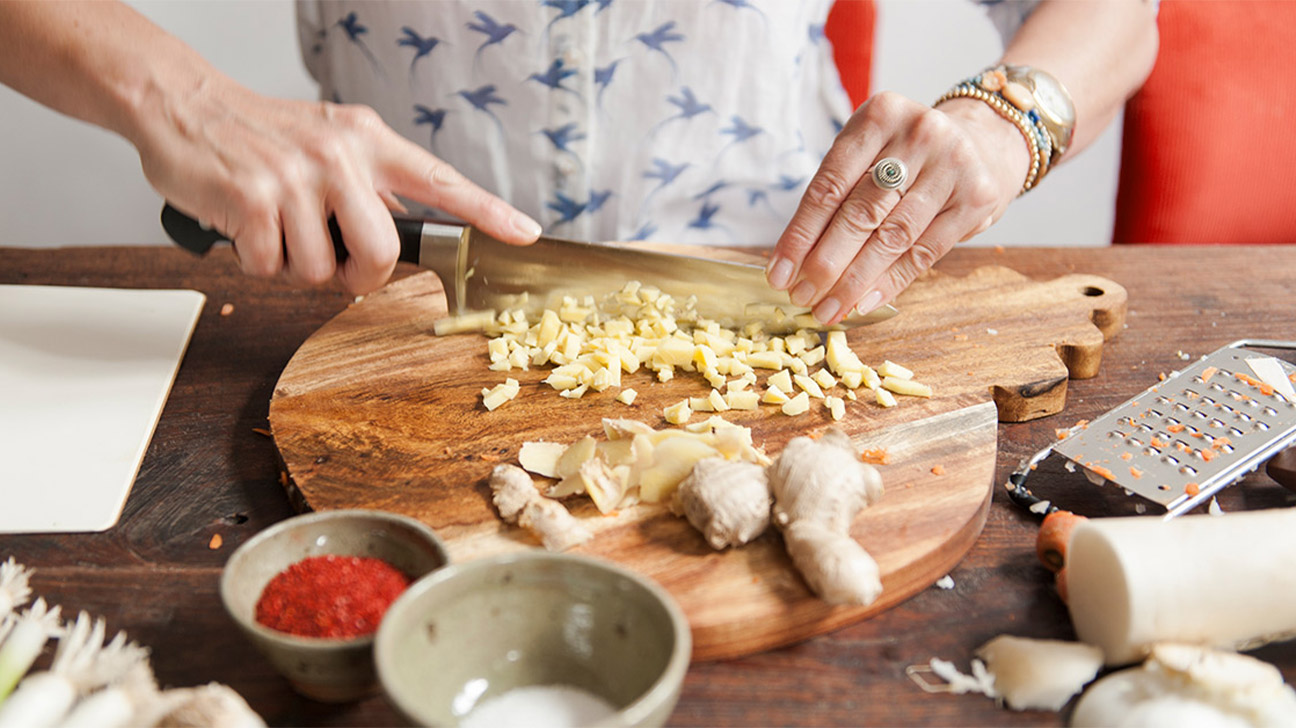The 11 Best Low-Carb Vegetables
Vegetables are low in calories but rich in vitamins, minerals and other important nutrients.
In addition, many are low in carbs and high in fiber, making them ideal for low-carb diets.The definition of a low-carb diet varies widely. Most are under 150 grams of carbs per day, and some go as low as 20 grams per day.
Here is a list of the 11 best low-carb vegetables to include in your diet.
1. Lettuce
Lettuce is one of the lowest-carb vegetables around.
One cup (47 grams) of lettuce contains 2 grams of carbs, 1 of which is fiber.
Depending on the type, it may also be a good source of certain vitamins.
For instance, romaine and other dark-green varieties are rich in vitamins A, C and K.
They’re also high in folate. Folate helps decrease levels of homocysteine, a compound linked to an increased risk of heart disease.
One study in 37 women showed that consuming foods high in folate for five weeks reduced homocysteine levels by 13%, compared to a low-folate diet.
2. Garlic
Garlic is known for its beneficial effects on immune function.
Studies have found that it may boost resistance to the common cold and decrease blood pressure.
Although it’s a high-carb vegetable by weight, the amount typically consumed in one sitting is very low due to its strong taste and aroma.
One clove (3 grams) of garlic contains 1 gram of carbs, part of which is fiber.
3. Kale
Kale is a trendy vegetable that’s also extremely nutrient dense.
It’s loaded with antioxidants, including quercetin and kaempferol.
These have been shown to lower blood pressure and may also help protect against heart disease, type 2 diabetes and other diseases.
One cup (67 grams) of raw kale contains 7 grams of carbs, 1 of which is fiber. It also provides an impressive 206% of the RDI for vitamin A and 134% of the RDI for vitamin C.
A high intake of vitamin C has been shown to improve immune function and increase the skin’s ability to fight damaging free radicals, which can speed up the aging process.
4. Cucumbers

Cucumbers are low in carbs and very refreshing.
One cup (104 grams) of chopped cucumber contains 4 grams of carbs, less than 1 gram of which is fiber.
Although cucumbers aren’t very high in vitamins or minerals, they contain a compound called cucurbitacin E, which may have beneficial effects on health.
Results from test-tube and animal studies suggest it has anti-cancer and anti-inflammatory properties and may protect brain health.
5.Brussels Sprouts
Brussels sprouts are another tasty cruciferous vegetable.
A half-cup (78-gram) serving of cooked Brussels sprouts contains 6 grams of carbs, 2 of which are fiber.
It also provides 80% of the RDI for vitamin C and 137% of the RDI for vitamin K.
What’s more, controlled human studies suggest that eating Brussels sprouts may reduce risk factors for cancer, including colon cancer.
6. Celery
Celery is extremely low in digestible carbs.
A one-cup (101-gram) serving of chopped celery contains 3 grams of carbs, 2 of which are fiber. It’s a good source of vitamin K, providing 37% of the RDI.
In addition, it contains luteolin, an antioxidant that shows potential for both preventing and helping treat cancer.
7. Tomatoes
Tomatoes have a number of impressive health benefits.
Like avocados, they are technically fruits but usually consumed as vegetables.
They’re also low in digestible carbs. One cup (149 grams) of cherry tomatoes contains 6 grams of carbs, 2 of which are fiber.
Tomatoes are a good source of vitamins A, C and K. In addition, they’re high in potassium, which can help reduce blood pressure and decrease stroke risk.
They’ve also been shown to strengthen the endothelial cells that line your arteries, and their high lycopene content may help prevent prostate cancer.
Cooking tomatoes increases lycopene content, and adding fats such as olive oil during cooking has been shown to boost its absorption.
8. Radishes

Radishes are Brassica vegetables with a sharp, peppery taste.
One cup (116 grams) of raw sliced radishes contains 4 grams of carbs, 2 of which are fiber.
They’re fairly high in vitamin C, providing 29% of the RDI per serving.
Additionally, radishes may reduce the risk of breast cancer in postmenopausal women by modifying the way the body metabolizes estrogen.
9. Onions
Onions are a pungent, nutritious vegetable.
Although they are fairly high in carbs by weight, they’re usually consumed in small amounts because of their robust flavor.
A half cup (58 grams) of sliced raw onions contains 6 grams of carbs, 1 of which is fiber.
Onions are high in the antioxidant quercetin, which may lower blood pressure.
One study in overweight and obese women with polycystic ovary syndrome (PCOS) found that eating red onions reduced LDL cholesterol levels.
10. Eggplant
Eggplant is a common vegetable in many Italian and Asian dishes.
A one-cup (99-gram) serving of chopped, cooked eggplant contains 8 grams of carbs, 2 of which are fiber.
It’s not very high in most vitamins or minerals, but animal research suggests eggplant may help lower cholesterol and improve other markers of heart health.
It also contains an antioxidant known as nasunin in the purple pigment of its skin. Researchers have reported that nasunin helps reduce free radicals and may protect brain health.
11. Cabbage
Cabbage has some impressive health benefits.
As a cruciferous vegetable, it may help reduce the risk of certain cancers, including esophageal and stomach cancer.
One cup (89 grams) of chopped raw cabbage contains 5 grams of carbs, 3 of which are fiber.
It also provides 54% of the RDI for vitamin C and 85% of the RDI for vitamin K.
CREDITS: https://www.healthline.com/nutrition/21-best-low-carb-vegetables













Comments
Post a Comment